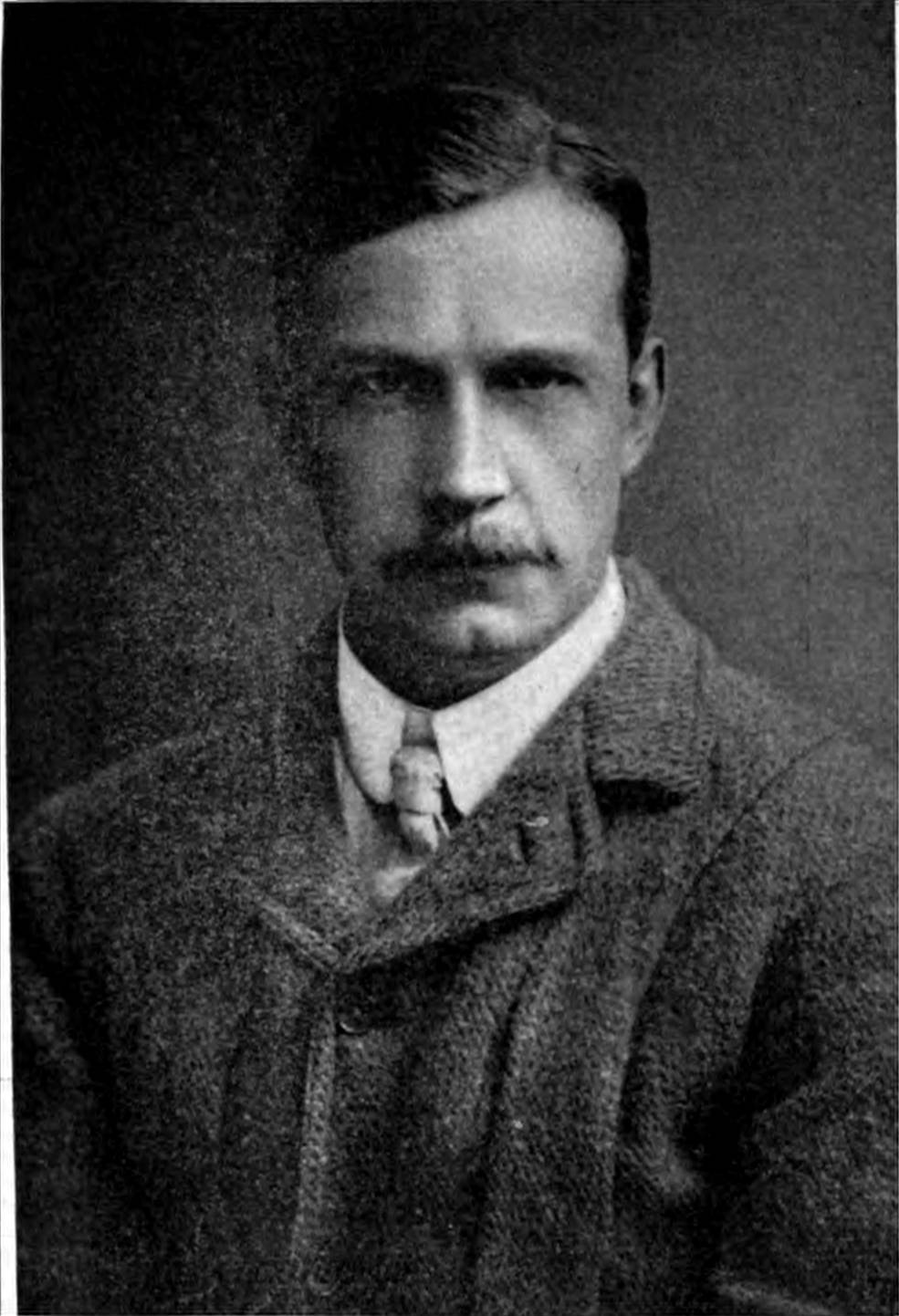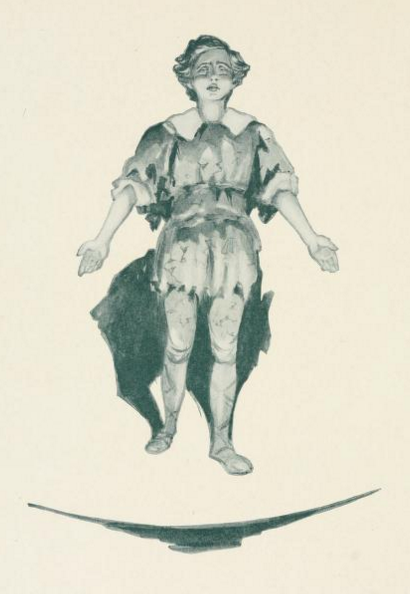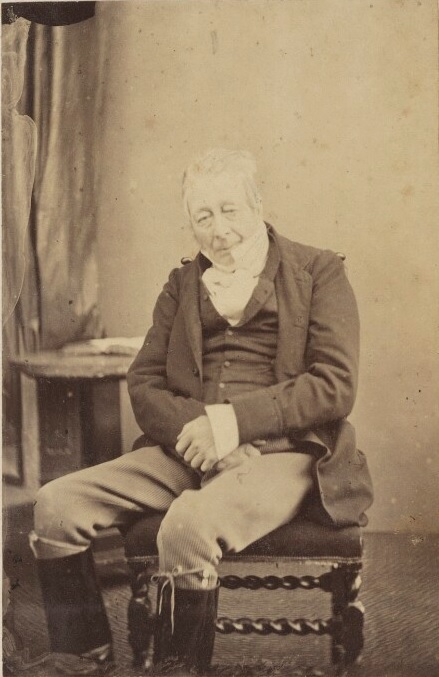|
Lady Cynthia Charteris
Lady Cynthia Mary Evelyn Asquith (née Charteris; 27 September 1887 – 31 March 1960) was an English writer and socialite, known for her ghost stories and diaries.Richard Dalby, ''The Virago Book of Ghost Stories''.Virago, London, , 1987 (p. 236). She also wrote novels, edited a number of anthologies, wrote for children and covered the British Royal family. Early life Lady Cynthia was born at Clouds House, East Knoyle, Wiltshire on 27 September 1887, one of seven children of Hugo Richard Charteris, 11th Earl of Wemyss (1857–1937), and Mary Constance Wyndham, of The Souls fame. Among her siblings were Hugo Francis Charteris, Lord Elcho (who married Lady Violet Manners, the daughter of Henry Manners, 8th Duke of Rutland, and was killed in action in the Great War), Guy Lawrence Charteris, Colin Charteris (who died young), Lady Mary Charteris (wife of Capt. Algernon Walter Strickland and, after his death, John George Lyon), Yvo Alan Charteris (also killed in action during the Gr ... [...More Info...] [...Related Items...] OR: [Wikipedia] [Google] [Baidu] |
Clouds House
Clouds House, also known simply as Clouds, is a Grade II* listed building at East Knoyle in Wiltshire, England. Designed by Arts and Crafts movement, Arts and Crafts architect Philip Webb for Percy Wyndham (1835–1911), Percy Wyndham and his wife Madeline, it was first completed in 1886, but an 1889 fire necessitated its rebuilding, finished in 1891. Clouds was Webb's grandest design. It became a centre of social activity for the intellectual group known as The Souls,Kirk (2005), pp. 141–142. and was frequented by artists such as Edward Burne-Jones and politicians like Arthur Balfour. Since 1983 the house has been a drug rehabilitation, treatment centre for drug dependence and alcohol dependence, under the name Clouds House. In 2007 the Clouds House treatment centre merged with two other organisations to form the charity Action on Addiction, which is headquartered at East Knoyle. Construction Wyndham bought the Worsley (2002), p. 85. Clouds estate in 1876,Kirk (2005), p. 132. ... [...More Info...] [...Related Items...] OR: [Wikipedia] [Google] [Baidu] |
Ivor Windsor-Clive, 2nd Earl Of Plymouth
Ivor Miles Windsor-Clive, 2nd Earl of Plymouth GCStJ, PC (4 February 1889 – 1 October 1943) was an English nobleman and Conservative Party politician. Early life Ivor was born on 4 February 1889. He was the second, and only surviving, son of the Alberta Victoria Sarah Caroline ( née Paget) Windsor-Clive and Robert Windsor-Clive, 1st Earl of Plymouth (1857–1923). He was educated at Eton College and Trinity College, Cambridge. Until succeeding his father in 1923, he used his father's subsidiary title Viscount Windsor. His paternal grandfather was Robert Windsor-Clive, himself the son of Harriet Windsor-Clive, 13th Baroness Windsor. Ivor's mother was the daughter of Sir Augustus Paget, the British Ambassador to Austria-Hungary and descended from the Earls of Uxbridge. Career He was member for West St Pancras on London County Council from 1913 to 1919, and was elected as Conservative Member of Parliament (MP) for Ludlow, Shropshire at a by-election in January 1922, hold ... [...More Info...] [...Related Items...] OR: [Wikipedia] [Google] [Baidu] |
Oliver Onions
George Oliver Onions (13 November 1873 – 9 April 1961), who published under the name Oliver Onions, was an English writer of short stories and novels. He wrote in various genres, but is perhaps best remembered for his ghost stories, notably the collection ''Widdershins'' and the widely anthologized novella "The Beckoning Fair One". He was married to the novelist Berta Ruck. Personal life George Oliver Onions was born on 13 November 1873 in Bradford, Yorkshire, England, to George Frederick Onions, a bank cashier (born 1847, London, England) and Emily Alice Fearnley (born 1850, Scholes, Yorkshire, England). He studied art for three years in London at the National Arts Training Schools (now the Royal College of Art). In the book ''Twentieth Century Authors'', Onions described his interests as motoring and science; he was also an amateur boxer as a young man. In 1909, Onions married the writer Berta Ruck (1878–1978) and they had two sons: Arthur (born 1912) and Will ... [...More Info...] [...Related Items...] OR: [Wikipedia] [Google] [Baidu] |
Arthur Machen
Arthur Machen (; 3 March 1863 – 15 December 1947) was the pen-name of Arthur Llewellyn Jones, a Welsh author and mystic of the 1890s and early 20th century. He is best known for his influential supernatural, fantasy, and horror fiction. His novella ''The Great God Pan'' (1890; 1894) has garnered a reputation as a classic of horror, with Stephen King describing it as "Maybe the best orror storyin the English language." He is also well known for "The Bowmen", a short story that was widely read as fact, creating the legend of the Angels of Mons. Biography Early years Machen was born Arthur Llewelyn Jones in Caerleon, Monmouthshire. The house of his birth, opposite the Olde Bull Inn in The Square at Caerleon, is adjacent to the Priory Hotel and is today marked with a commemorative blue plaque. The beautiful landscape of Monmouthshire (which he usually referred to by the name of the medieval Welsh kingdom, Gwent), with its associations of Celtic, Roman, and medieval hi ... [...More Info...] [...Related Items...] OR: [Wikipedia] [Google] [Baidu] |
Algernon Blackwood
Algernon Henry Blackwood, CBE (14 March 1869 – 10 December 1951) was an English broadcasting narrator, journalist, novelist and short story writer, and among the most prolific ghost story writers in the history of the genre. The literary critic S. T. Joshi stated, "His work is more consistently meritorious than any weird writer's except Dunsany's." and that his short story collection '' Incredible Adventures'' (1914) "may be the premier weird collection of this or any other century". Life and work Blackwood was born in Shooter's Hill (now part of south-east London, then part of north-west Kent). Between 1871 and 1880, he lived at Crayford Manor House, Crayford and he was educated at Wellington College. His father, Sir Stevenson Arthur Blackwood, was a Post Office administrator; his mother, Harriet Dobbs, was the widow of the 6th Duke of Manchester. According to Peter Penzoldt, his father, "though not devoid of genuine good-heartedness, had appallingly narrow religious id ... [...More Info...] [...Related Items...] OR: [Wikipedia] [Google] [Baidu] |
Peter Pan
Peter Pan is a fictional character created by List of Scottish novelists, Scottish novelist and playwright J. M. Barrie. A free-spirited and mischievous young boy who can fly and Puer aeternus, never grows up, Peter Pan spends his never-ending childhood having adventures on the mythical island of Neverland as the leader of the Lost Boys (Peter Pan), Lost Boys, interacting with Fairy, fairies, Piracy, pirates, mermaids, Native Americans in the United States, Native Americans, and occasionally ordinary children from the world outside Neverland. Peter Pan has become a cultural icon symbolizing youthful innocence and escapism. In addition to two distinct works by Barrie, ''The Little White Bird'' (1902, with chapters 13–18 published in ''Peter Pan in Kensington Gardens'' in 1906), and the West End theatre, West End stage play ''Peter and Wendy, Peter Pan; or, the Boy Who Wouldn't Grow Up'' (1904, which expanded into the 1911 novel ''Peter and Wendy''), the character has been featu ... [...More Info...] [...Related Items...] OR: [Wikipedia] [Google] [Baidu] |
Margate
Margate is a seaside resort, seaside town on the north coast of Kent in south-east England. The town is estimated to be 1.5 miles long, north-east of Canterbury and includes Cliftonville, Garlinge, Palm Bay, UK, Palm Bay and Westbrook, Kent, Westbrook. The town has been a significant maritime port since the Middle Ages, and was associated with Dover as part of the Cinque Ports in the 15th century. It became a popular place for holidaymakers in the 18th century, owing to easy access via the Thames, and later with the arrival of the railways. Popular landmarks include the sandy beaches and the Dreamland Margate, Dreamland amusement park. During the late 20th century, the town went into decline along with other British seaside resorts, but attempts are being made to revitalise the economy. History Margate was listed in the Domesday Book of 1086 as lying within the hundred of Thanet and the county of Kent. Margate was recorded as "Meregate" in 1264 and as "Margate" in 1299, b ... [...More Info...] [...Related Items...] OR: [Wikipedia] [Google] [Baidu] |
Sir Guy Campbell, 1st Baronet
Major-General Sir Guy Campbell, 1st Baronet, CB (22 January 1786 – 26 January 1849), was a British Army officer, the eldest son of Lieutenant-General Colin Campbell and his wife Mary, daughter of Guy Johnson (or Johnstone). His branch of the Campbell baronets is referred to as St Cross Mede. Biography Campbell entered the army as an ensign in the 6th Regiment of Foot in 1795, of which his father was then lieutenant-colonel, and was promoted lieutenant on 4 April 1796. He served in all the regiment's engagements under his father's command during the Irish Rebellion of 1798. Campbell, with the rest of the regiment, went to Canada in 1803, and he was promoted captain on 14 September 1804. (By this time, his father had been promoted to major-general and held a command in Ireland.) Campbell again saw action with the 6th during the Peninsular War, fighting at Roliça and Vimeiro, and taking part in the advance and retreat of Sir John Moore. Promoted major on 1 April 1813, Campbell ... [...More Info...] [...Related Items...] OR: [Wikipedia] [Google] [Baidu] |
Major General (United Kingdom)
Major general (Maj Gen) is a "two-star" rank in the British Army and Royal Marines. The rank was also briefly used by the Royal Air Force for a year and a half, from its creation to August 1919. In the British Army, a major general is the customary rank for the appointment of division commander. In the Royal Marines, the rank of major general is held by the Commandant General. A Major General is senior to a Brigadier but subordinate to lieutenant general. The rank is OF-7 on the NATO rank scale, equivalent to a rear admiral in the Royal Navy or an air vice-marshal in the Royal Air Force and the air forces of many Commonwealth countries. The rank insignia is the star (or 'pip') of the Order of the Bath, over a crossed sword and baton. In terms of orthography, compound ranks were invariably hyphenated, prior to about 1980. Nowadays the rank is almost equally invariably non-hyphenated. When written as a title, especially before a person's name, both words of the rank are alw ... [...More Info...] [...Related Items...] OR: [Wikipedia] [Google] [Baidu] |
George Wyndham, 1st Baron Leconfield
George Wyndham, 1st Baron Leconfield (5 June 1787 – 18 March 1869), was a British soldier and peer. A direct descendant of Sir John Wyndham, he was the eldest natural son of George O'Brien Wyndham, 3rd Earl of Egremont, and Elizabeth Ilive. His parents were married in 1801 but had no sons after their marriage. George Wyndham entered the Royal Navy in 1799 as a midshipman in HMS Amelia (1796), HMS ''Amelia''. In 1802 he transferred to the British Army, Army as a Cornet (military rank), cornet in the 5th Dragoon Guards, promoted in 1803 to Lieutenant (British Army and Royal Marines), lieutenant in the 3rd Dragoon Guards. In 1805 he was a Captain (British Army and Royal Marines), captain in the 72nd Highlanders and Aide-de-camp, ADC to Eyre Coote (British Army officer), Sir Eyre Coote who was Lieutenant Governor of Jamaica. In 1807 he was Deputy Assistant Adjutant General, DAAG to William Cathcart, 1st Earl Cathcart, Earl Cathcart at the Battle of Copenhagen (1807), Bombardment ... [...More Info...] [...Related Items...] OR: [Wikipedia] [Google] [Baidu] |
West Cumberland (UK Parliament Constituency)
West Cumberland was a county constituency in the House of Commons of the United Kingdom, House of Commons of the Parliament of the United Kingdom. It elected two Member of Parliament (United Kingdom), Members of Parliament (MPs) by the Plurality-at-large voting, bloc vote system of election. Boundaries 1832–1885: The Wards of Allerdale above Derwent and Allerdale below Derwent. In 1832 the historic county of Cumberland, in north west England, was split for parliamentary purposes into two county divisions. These were the East Cumberland (UK Parliament constituency), East Cumberland division (with a place of election at Carlisle, Cumbria, Carlisle) and the West division (where voting took place at Cockermouth). Each division returned two members to Parliament. The parliamentary boroughs included in the West division, between 1832 and 1885, (whose non-resident 40 shilling freeholders voted in the county constituency) were Cockermouth (UK Parliament constituency), Cockermouth an ... [...More Info...] [...Related Items...] OR: [Wikipedia] [Google] [Baidu] |
Member Of Parliament
A member of parliament (MP) is the representative in parliament of the people who live in their electoral district. In many countries with bicameral parliaments, this term refers only to members of the lower house since upper house members often have a different title. The terms congressman/congresswoman or deputy are equivalent terms used in other jurisdictions. The term parliamentarian is also sometimes used for members of parliament, but this may also be used to refer to unelected government officials with specific roles in a parliament and other expert advisers on parliamentary procedure such as the Senate Parliamentarian in the United States. The term is also used to the characteristic of performing the duties of a member of a legislature, for example: "The two party leaders often disagreed on issues, but both were excellent parliamentarians and cooperated to get many good things done." Members of parliament typically form parliamentary groups, sometimes called caucuse ... [...More Info...] [...Related Items...] OR: [Wikipedia] [Google] [Baidu] |


.jpg)
